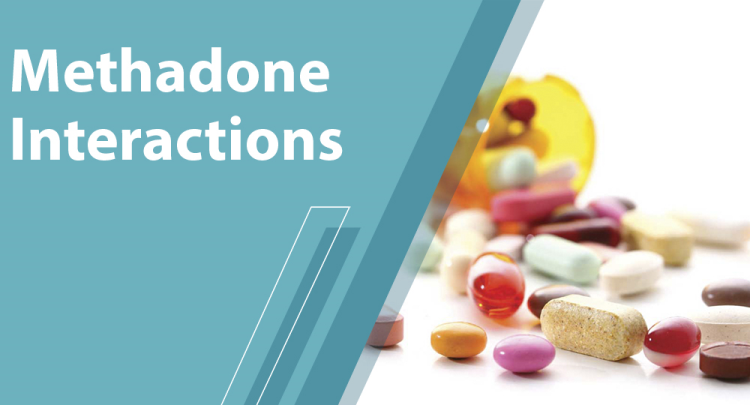
Methadone administration within a drug addiction treatment facility must account for other drug interactions. As with any new medication, a physician must determine if there are any potential interactions that could occur between a daily methadone prescription and other previously prescribed medications. Also, over-the-counter medications, pain relievers, or natural supplements must be accounted for. Physicians must be informed of significant drug interactions with all of the above.
Methadone is an opioid agonist used to relieve your cravings for harder-core opioids. Each dose works quickly and stays in your body for a long time to create a stable medication level throughout your treatment time. Because it is such a long-acting drug and because it causes some of the same side effects that other opioids do, it can interact negatively with numerous types of drugs.
Interactions with additive effects
Some drugs combine with methadone and may increase the effects of each drug. This is known as an additive effect, and it may occur with the following drugs.
- Opioid pain medications
- Opioid cough suppressants
- Benzodiazepines, such as lorazepam and zolpidem
- Muscle relaxants
- Antihistamines
The most problematic drugs in this category are those known as central nervous system depressants. Decreased breathing rate and increased sleepiness are common symptoms. Because methadone causes similar side effects, additive drug reactions are deemed dangerous.
Metabolism-Changing interactions
Other problematic drugs alter methadone metabolization by either increasing or decreasing the reaction. As a result, a metabotropic response produces a longer lasting effect, as the opioid is bound to the postsynaptic receptor longer.
For example, the following drugs and supplements should not be mixed with methadone:
- HIV drugs
- Certain anti-fungals
- Certain antibiotics
- St. John’s wort
- Anti-seizure medications
Cardiovascular-Related interactions
Methadone administration often produces concerning interactive effects, negatively affecting the cardiovascular system. Methadone treatment may result in cardiac arrythmias and affect a patient’s heart rate and blood pressure. Therefore, blood pressure medications must be closely monitored when used simultaneously with methadone.
Interactions with alcohol
Methadone is a medication used in the treatment of opioid addiction and is effective on the central nervous system (CNS). Alcohol also affects the CNS and excessive alcohol consumption can decrease respiratory drive and cause respiratory depression.
When Methadone and alcohol are used together, the risk of respiratory depression increases, and respiratory problems can lead to serious complications and death. Additionally, alcohol can enhance the effects of Methadone and worsen its side effects. Therefore, doctors generally advise individuals using Methadone to completely avoid alcohol.
The side effects of Methadone include fatigue, dizziness, drowsiness, and numbness, which can worsen when combined with alcohol consumption. Moreover, alcohol consumption with Methadone use can have negative effects on your liver health.
Get help from a specialist
If a patient is already participating in other major drug regimens, related to HIV treatment, mental illness, or seizures, a specialist may need to address additive effects.
All content found on the DrugHelpCenters.com Website, including: text, images, audio, or other formats were created for informational purposes only. If you think you may have a medical emergency, call your doctor, go to the emergency department, or call 911 immediately. DrugHelpCenters.com does not recommend or endorse any specific tests, physicians, products, procedures, opinions, or other information that may be mentioned on DrugHelpCenters.com.